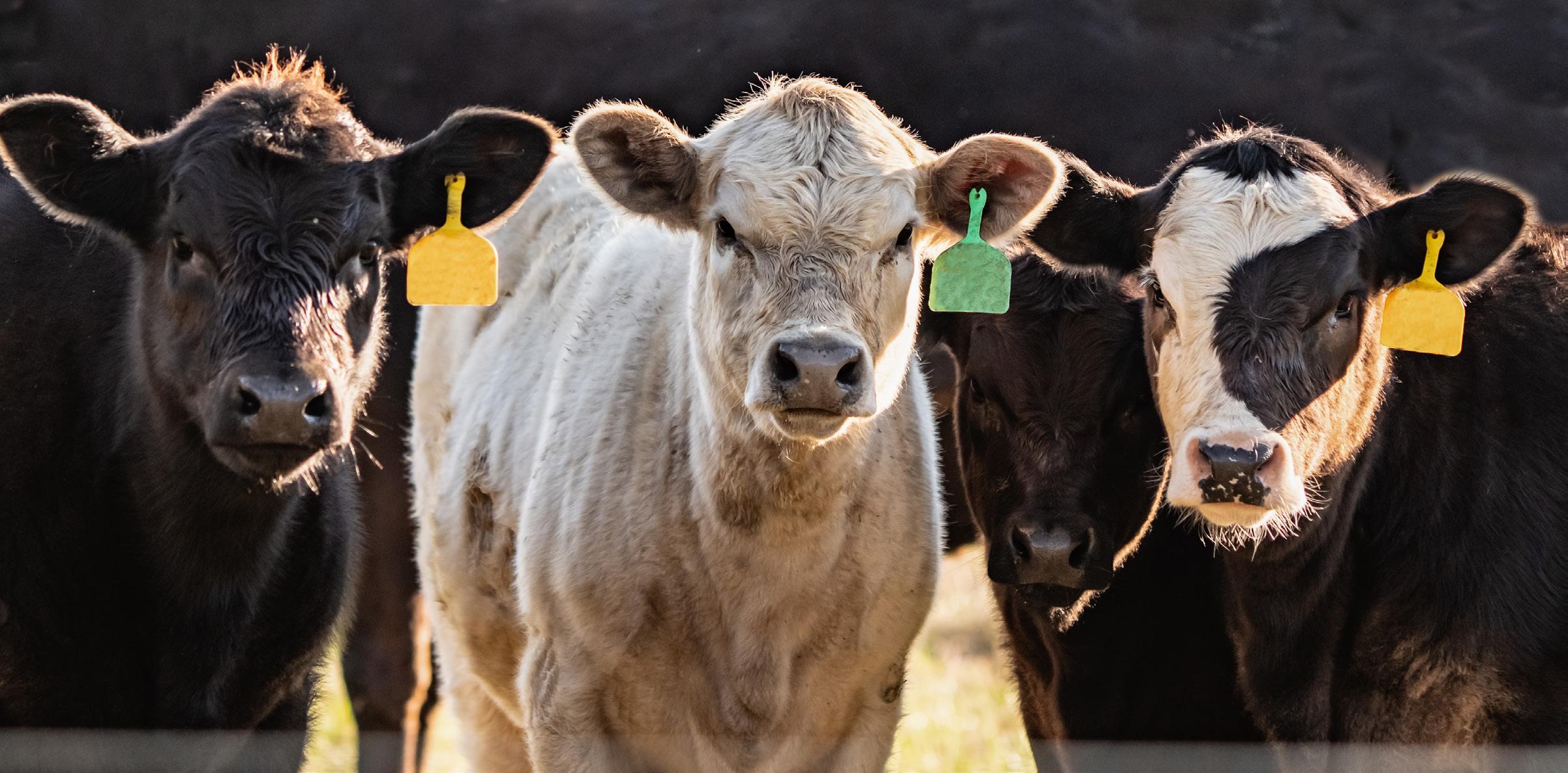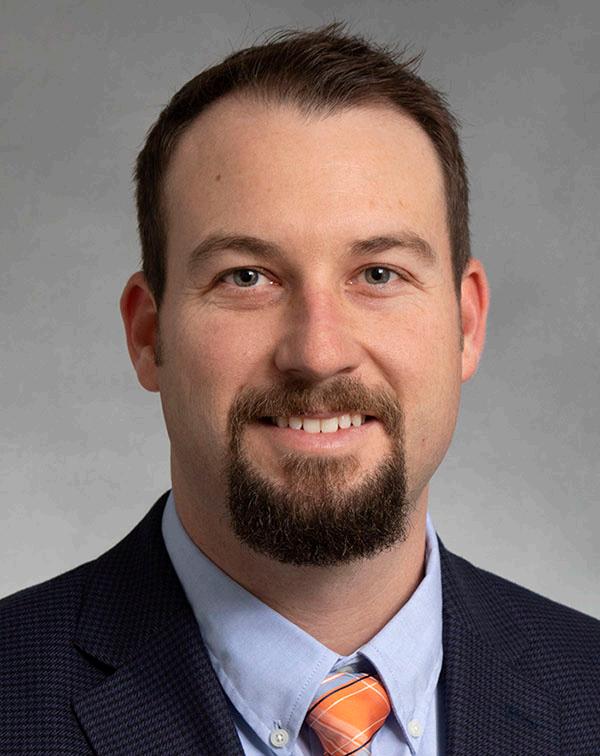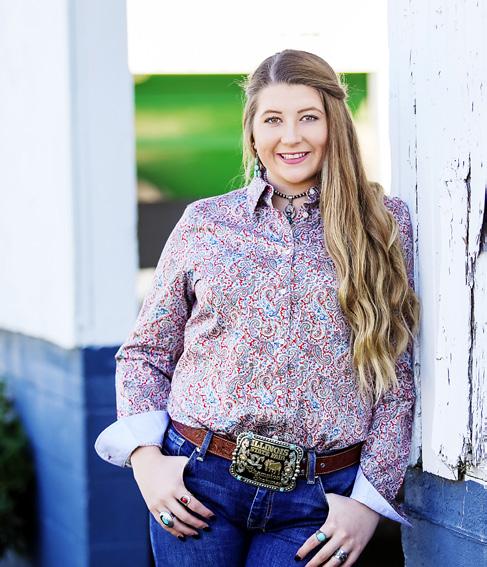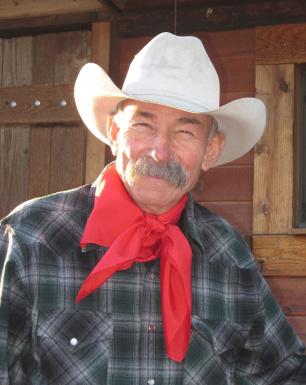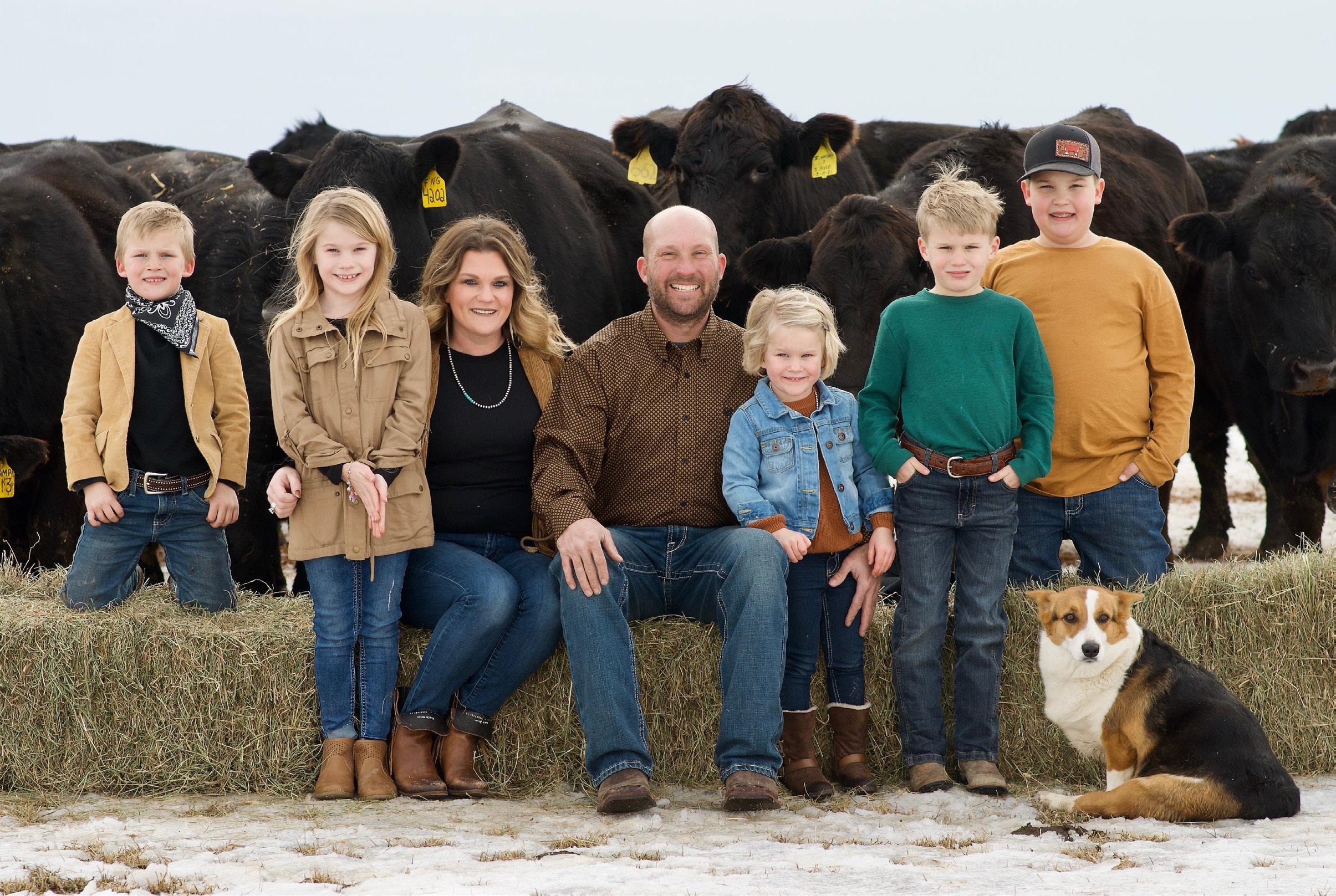
7 minute read
Giving Back
BACK Giving Giving
University of Illinois alumns and beef producers, Ed and Judy McMillan, generously donate to the College of ACES new Feed Technology Center.
Advertisement
by Madison Wilson
Ed McMillan and his wife Judy, both graduates of the University of Illinois at Urbana-Champaign, have roots which run deep in agriculture. Both them and their families, at one point or another, have owned and operated livestock operations. With Ed’s extensive background in agriculture, going from 4-H member, to Agriculture Sciences graduate in 1969, to president and CEO of Purina, to 12-year member of the University of Illinois Board of Trustees – Ed’s leadership and dedication to the betterment of the agricultural industry, to The University of Illinois, and the College of Agricultural, Consumer, and Environmental Sciences (ACES) is evident. That is why he felt it necessary to give back in an incredibly impactful way – through a donation to the Department of Animal Sciences Feed Technology Center.
Three fundamental things drove Ed’s donation to the construction of this facility – his family, his alma mater, and the potential he sees for the advancement of feed technology, and the critical nature of this research for feed nutrition going forward.
“My brother and I really wanted to have an opportunity to do recognition for our parents who were tenant farmers and never had the chance to go to the University of Illinois – we’re doing it as the McMillan family…” Ed says of him and his brother Ken’s dedication in making this donation, who were the first individual donors to this project.

Old University of Illinois Feed Mill Feed Technology Center
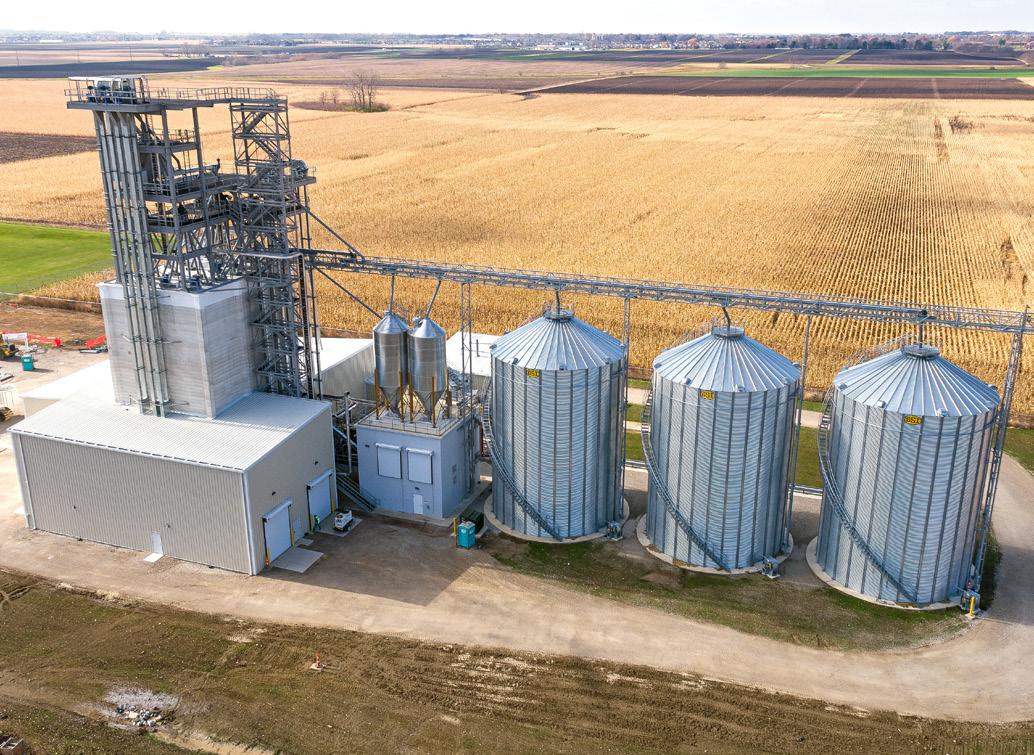
Ed was raised in McDonough County near Walnut Grove. His father was both a tenant farmer and purebred sheep breeder. Ed and his brother developed an interest in livestock at an early age with sheep. At the young of 10, Ed got into the cattle business. Since then, the McMillan family have become respected Hereford breeders.
“It was important to (my parents) that my brother and I pursue opportunities that weren’t available to them or their parents,” McMillan says. “Thanks to our parents’ initial encouragement to attend the University of Illinois in the College of ACES, their kids, grandkids, and great grandkids have gone on to do big things, and it all came from the basis of an Illinois education and being involved in agriculture. That’s our history.”
Ed says that he owes quite a deal to the University of Illinois to jumpstart his career and get his foot in the door at Purina. “I have to give credit to the University of Illinois for giving both of us, Judy and I, an education and an internship with Ralston Purina between my junior and senior year in college.” That internship led to a full-time job for Ed right out of college and would allow him to work his way up the ladder. By the time he was forty-one years old, Ed would be named president and CEO of Purina.
“There’s no good way to explain what it was like,” says McMillan on being named the CEO of one of the world’s largest feed manufacturers in the world. “It was a tremendous opportunity for a relatively young person at the age of 41.” In Ed’s time with Purina, their company model was evolving from dealer-based to a more significant emphasis on relationships with the producers themselves and an acquisition by BP. Additionally, in the late ’70s to the early ’80s, Ed shared that Purina was doing business with feedlots that fed one-third of all the fed cattle in the United States, so maintaining customer relationships and the integrity of Purina was extremely important. It was, as he says, an “…awesome responsibility to make sure that you did not diminish the reputation of the brand.”
Once Ed retired at the age of 50, he began to question where he was to go and what was next for him. Deciding to pursue service even more, he and his wife decided to start McMillan LLC, a consulting firm where Ed and Judy would help people determine the strategic direction for their businesses in either buying, merging or selling their business. Ed shared that they never once advertised for their business or sought business out; people just trusted them for quality advice or references. “And it just grew from there, we’re very blessed that so many people wanted input from us,” says McMillan.
Then, the opportunity of a lifetime was given to Ed when he was appointed to the University of Illinois Board of Trustees in 2009 by Governor Pat Quinn. Nevertheless, this was no easy feat, as Ed entered during very tumultuous times. The University, at the time, was going through an admissions
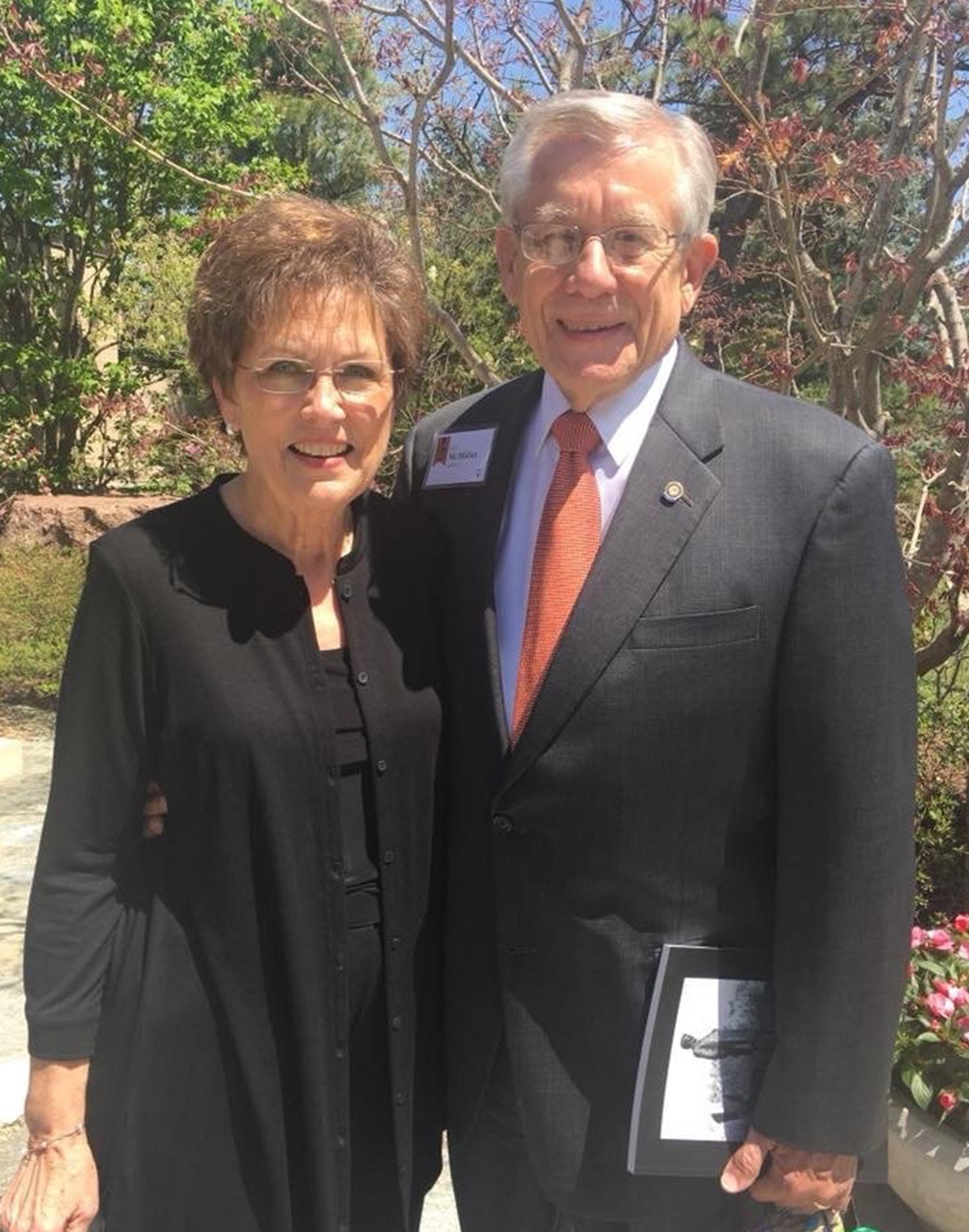

Ed, Judy and family at the 2015 World Beef Expo
scandal that caused a reputational threat. Additionally, the first six years of his term, Ed aided in transferring five different University of Illinois presidents.
One of the presidents with whom he worked closely was Dr. Robert Easter, President Emeritus of the University of Illinois, former Dean of ACES, and former Head of the Department of Animal Sciences. “It was just an unbelievable pleasure to work with him,” says Dr. Easter. “He’s the kind of individual who doesn’t dodge controversy, but he never loses his calm, effective demeanor. He has enormous respect for anybody regardless of what position they are coming from, and always contributes.”
During his time as a Board of Trustees appointee, Ed threw himself into service, serving on numerous advisory committees and making many lasting decisions. A meaningful action by Ed was his emphasis on the importance of agricultural land acquisitions in obtaining land donations for the University of Illinois, which sparked a sharp increase in people donating land to the University. Ed also served on the advisory committee for Research Park, which allows students to gain real-world experience and provides them opportunities to be employed by participating companies such as John Deere, Caterpillar, and Yahoo. Finally, Ed also chaired on the board for Illinois VENTURES, LLC, which provides investment capital for startup companies, primarily from the University. It is evident of Ed’s dedication to service and leadership, both at the collegiate level and beyond.
The Feed Technology Center is the final feather in Ed’s cap as he begins turning his time towards relaxation in his later years with his wife. A culmination of all his efforts is seen in his donation to a facility that will stand the test of time and continue to improve not only future student success, but the future of the agriculture industry.

Ed and Judy with granddaughters Lauren, Kendall and Claire
For the past twenty plus years, The University of Illinois has been in dire need of a new feed mill. “It’s not an environment that is conducive to academic programs,” says Dr. Rodney Johnson, professor and head of the University of Illinois Department of Animal Sciences, and of the previous 95+ year old feedmill. The new Feed Technology Center, worth $20-million and located at the University of Illinois South Farms, intends to use its new capabilities and technology to address the issue of the world’s growing population and an increase in demand for animal protein, while also remaining efficient, socially acceptable and environmentally sound. “A key feature of doing all of that is improving animal efficiency – so more animal protein produced with less input. The Feed Technology Center will be a major hub for animal nutrition research to achieve that goal.”
Through Ed’s eyes, he sees the Feed Technology Center leaving a lasting impact on the future of processing technology. He believes it is critical that we as agriculturalists continue to look at technology to address and improve feed processing, pelleting, extrusion and the expanded use in feed manufacturing which improves the integrity and digestibility of ingredients. Ed, being the forward thinker that he is, believes that the Feed Technology Center has created a real opportunity for the University of Illinois and the College of ACES to be in a leadership position going forward in the advancement of all types of feed technology.
Ed advises any young leader to “consider agriculture, not just farming” as a career path. Get involved at the collegiate level, learn about the various opportunities your campus has to offer, and to do internships, as you never know where it may take you.
Meet the Author
Giving Back was written by Madison Wilson, senior at the University of Illinois studying agricultural communications. She lives in Urbana, Ill. and is looking forward to graduation in May of 2021. Post-graduation, she will be attending Illinois State University to obtain her Master’s in Communications and work as a teachers assistant.


